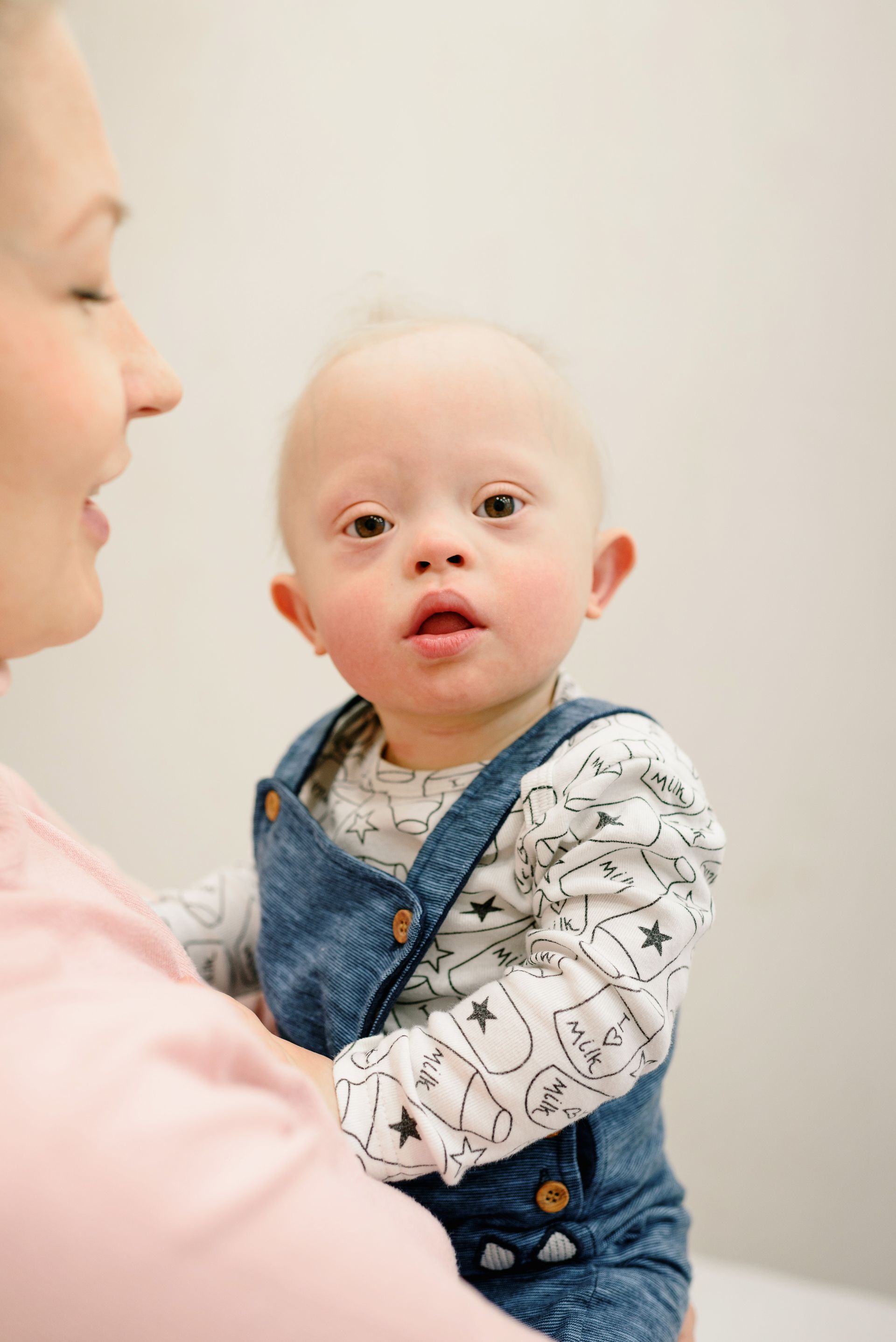Where Do You Go From Here? The Beginning Years.
Helpful Tips For Recognizing and Dealing with a potential disability.

The minute you learn that your child has a disability or special needs can change your life. Many emotions pop up and you as well as your family are faced with an important decision. It's okay to feel emotions knowing that there are some life changing issues on the horizon. Once you have taken that deep breath, you can begin to plan out where you go from here. How do you know there are some disabilities? Let's begin our conversation with that question first.
It's important to begin early intervention as the special needs of your child may have an effect on how and when they will reach developmental milestones. This early intervention gives them a huge head start in helping them to grow. It is especially true if your child is an infant or toddler. Request help for early intervention service.
Learn to recognize milestones of development. As an example, what a child will usually do at a certain age. That might be sitting by themselves, grabbing a cup, or even speaking words. Each of these will fall within a certain age range. If your child is under 3 years and you feel they are not meeting these milestones, talk to your pediatrician about having a development examination where your physician will compare how your child does against established milestones. You can also contact several local organizations that will provide a program to get assessed. In Williamson County, contact Bluebonnet Trails Community Services. There are several in Travis County, including Any Baby Can or Easter Seals- Central Texas. You can click on their Program Services to learn more or ask them about their "Early Childhood Intervention Services (ECI). Always bear in mind that children may just be late on some of these milestones. Your provider will help you with that.
In this post we will begin by discussing the development milestones for birth to three years of age. Follow us as we continue our posts for older development stages.
Usually within the first year, you will see that as development occurs, it does so promptly. It could be that they are just beginning to nurse so they can eat or reacting to light or beginning to smile. Soon they develop physical abilities such as rolling over, sitting up or speaking skills. Check with the above resources that can help you with the specific milestones to find out where they should be.
If your child doesn't do any of the following within a year, contact your provider:
- Unable to stand with support.
- Crawling is an issue.
- Gains skills but doesn't keep them.
- Unable to point to items.
- Unable to do gestures such as shaking their head or waving.
- Unable to speak simple words such as "mama" or "dada".
At one to three years of age, , an exciting time for you, they will gain more skills in play and speech.
- At ages one to three, they usually are able to learn about 8 or 9 words and they begin walking.
- From one to 2 years, you should observe them mimicking their playmates or peers. A few two to 5 word sentences, picking out pictures or objects from a book or some ball play.
- At three, they should show signs of concern such as following simple one or two step directions, easy puzzles, learning to ride a tricycle and make believe.
Again check the ECI milestones so you can determine what stage they are at.
Check with your provider if they experience the following by three:
- Their speech seems unclear.
- Difficulty with simple toys.
- Unable to talk in sentences.
- Lose skills they had earlier.
- Don't want to interact with others their age or their toys.
- Don't make eye contact.
- Unable to follow easy to understand instructions.
- Difficulty walking or falling down frequently.
A simple method to gauge the adjusted age is to start counting their age from the actual due date instead of the birth day. Let's say a child that was born five weeks early that is six months , the adjusted age should be about 5 months or under and they should compare to the five month milestone instead.
Share










